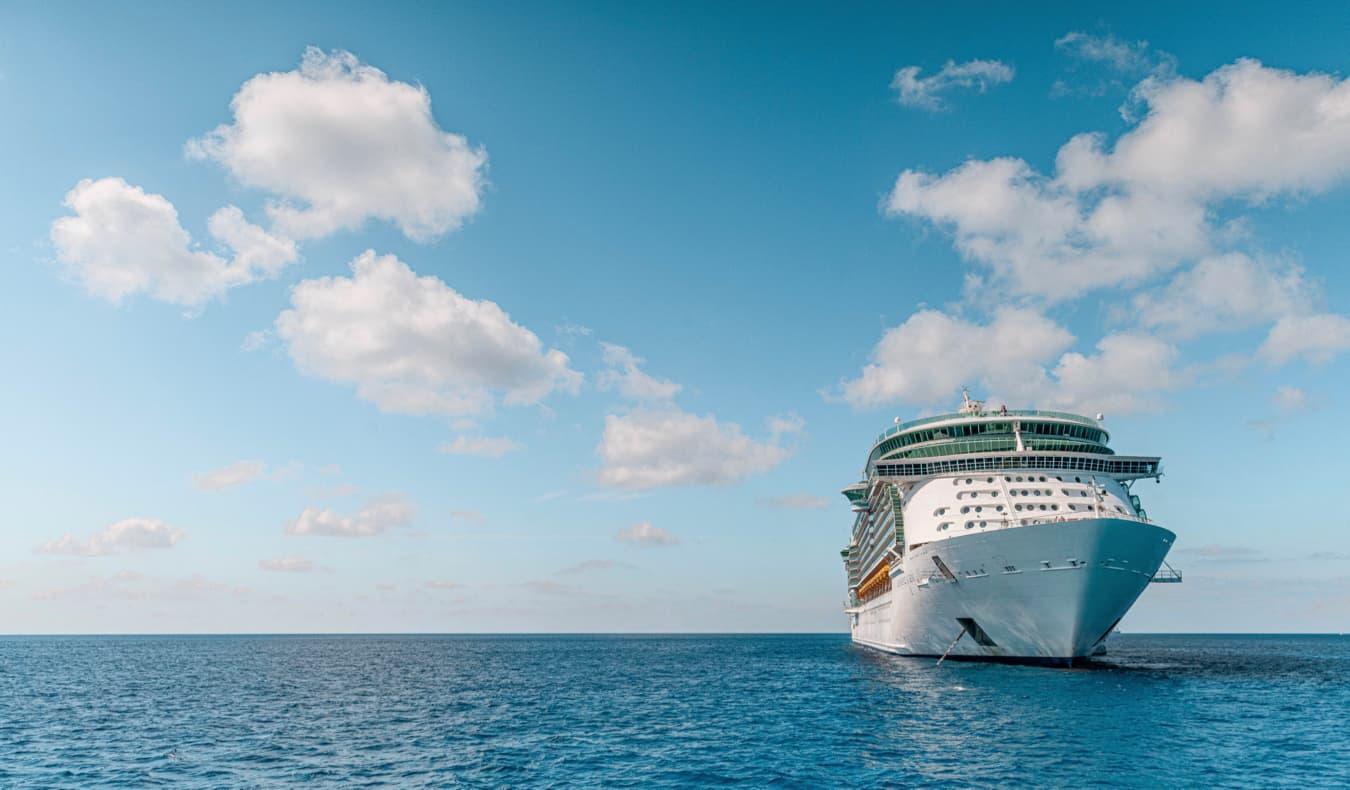In the tranquil harbors of picturesque coastal towns, a quiet rebellion is brewing against the mammoth floating cities that disgorge thousands of tourists daily. From the narrow streets of Venice to the pristine shores of Dubrovnik, local communities are drawing battle lines against cruise ships, challenging the economic narrative that these maritime behemoths are a blessing. Their weapon of choice? A strategic push to limit or outright ban these vessels, citing concerns about environmental impact, overtourism, and what some locals diplomatically describe as a “low-cost clientele” that transforms their cherished destinations into temporary, overcrowded playgrounds. This emerging trend reveals a complex tension between tourism economics and community preservation, where the romantic postcard image of travel collides with the harsh realities of mass tourism. In the picturesque harbors of Venice, Barcelona, and Dubrovnik, a quiet rebellion is brewing against the massive floating cities that dwarf local landscapes. Cruise ships, once celebrated as floating resorts of leisure, are now facing unprecedented pushback from destinations tired of their environmental and cultural impact.
Local residents and city officials argue that these maritime behemoths bring more disruption than economic benefit. The flood of day-trippers overwhelms historic city centers, creating congestion, noise, and a sense of cultural dilution. In Venice, iconic canals have been threatened by massive ships literally towering over centuries-old architecture, prompting strict regulations to protect the city’s delicate urban fabric.
Barcelona has been particularly vocal, with city officials explicitly criticizing the “low-cost clientele” that cruise ships transport. The tourism model these ships represent is seen as extractive, with tourists spending minimal money in local businesses while generating significant environmental and infrastructural strain.
Environmental concerns play a critical role in this emerging resistance. Cruise ships are notorious for their substantial carbon footprints, producing exponentially more pollution per passenger than traditional travel methods. Their marine emissions contribute substantially to ocean degradation and climate change, a fact increasingly recognized by environmentally conscious destinations.
Some cities have implemented innovative strategies to manage cruise ship tourism. Dubrovnik, famous for its medieval walls and Game of Thrones filming locations, has instituted strict daily passenger limits. Similarly, Amsterdam is considering relocating cruise terminals further from its historic centre to mitigate urban congestion.
The economic argument is nuanced. While cruise lines tout significant economic contributions, local economists suggest the actual local economic benefit is minimal. Passengers typically prepay for meals, accommodations, and activities onboard, leaving little incentive to spend in local establishments.
Mediterranean and Adriatic destinations are leading this global trend, with cities like Marseille and Split also exploring restrictive measures. They’re reimagining tourism as a more sustainable, respectful interaction between visitors and local communities.
Cruise lines are now facing unprecedented pressure to adapt. Some are investing in more environmentally friendly technologies, developing cleaner propulsion systems, and creating more responsible tourism models that genuinely engage with local cultures.
The emerging narrative isn’t about completely eliminating cruise tourism but transforming it into a more sustainable, mutually beneficial experience. Cities want visitors who appreciate local culture, contribute meaningfully to the local economy, and respect environmental considerations.
As this global conversation evolves, cruise ships might find themselves navigating more than just maritime routes—they’ll be charting new territories of responsible, conscious tourism.











